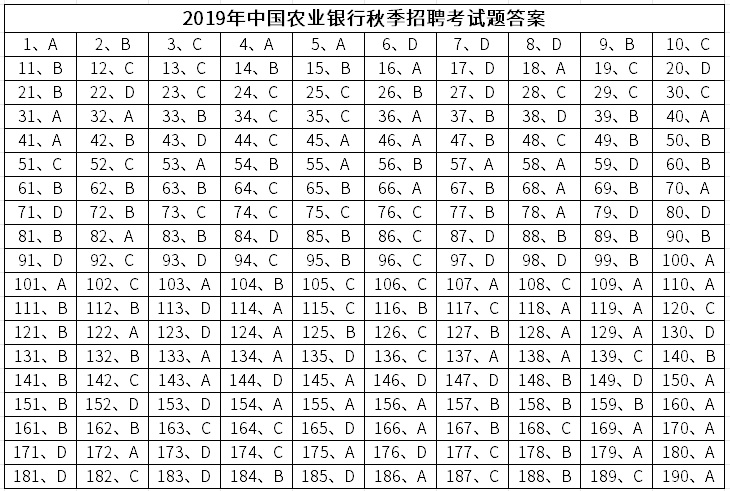2019-12-27 10:00:27 | 来源:网络及考生回忆
材料
FAST cars whizz around,malls are full of expensive luxuries and cranes dominate the skyline.But scratch the shimmering surface of the Gulf and you soon find countries hurting from the low oil price,currently around $40 a barrel.Growth is slowing and unemployment is rising.Policy makers even dare utter a three-letter“t” word until recently taboo:tax.
Oil is central to the six Gulf Co-operation Council (GCC) states,which have used the windfall of the past few years to spend lavishly.Unlike many oil exporters,such as Nigeria and Venezuela,they have high foreign-exchange reserves and low debts to cover short-term gaps.But public spending is generous and the private sector is heavily reliant on oil to boot.To be sustainable in an era of lower prices.the rulers must change the structure of their economies.
The IMF reckons the lower oil price knocked $340 billion off Arab oil-exporting states’ government revenues in 2015.This year is looking worse.Moody’s,a ratings agency,this month downgraded Bahrain and Oman and put on watch the other four GCC states: Saudi Arabia,Kuwait,the United Arab Emirates (UAE) and Qatar.“It’s the end of an era for the Gulf,”says Razan Nasser of HSBC in Dubai.“And we’re only just starting to see the effects.”
Oil receipts typically account for more than 80% of GCC government revenues,rising to over90% of Saudi Arabia’s budget before the crisis.Dubai,one of the emirates making up the UAE,is an exception,with oil accounting for only 5% of revenues.That is because it has successfully diversified tourism and services account for most of its government revenues.
Governments are reacting to the squeeze on their incomes with a mixture of strategies,drawing down reserves and taking on debt on the one hand,and imposing spending cuts on the other.Last year they made tweaks,such as curbing benefits for public servants.This year will be tougher.Oman has told all state-owned enterprises to remove perks such as cars.Qatari companies including Al Jazeera and the Qatar Foundation,a cultural organization,have laid off employees.With such tweaks, Kuwait,the UAE and Qatar,which have small populations and high foreign exchange reserves,can get by for a decade.
186、Which of the following statement is true according to the passage?
A、Luxury landmarks dominate Gulf skyline.
B、Oil price is booming.
C、Gulf authorities refuse to raise taxes.
D、Oil Price is around $40 per gallon.
187、Which of the following choice all contains GCC states?
A、Saudi Arabia,UAE,Venezuela
B、Qatar,Kuwait,Nigeria
C、Bahrain,Oman,Qatar
D、Iran,kuwait,Dubai
188、What can be inferred from the context?
A、Other GCC states will start economic reform in the way Dubai has done.
B、Negative outlook might remain for GCC countries’ government financial condition.
C、Oil price will hardly rise in the foreseeable future
D、Oil revenue accounts for 85% of Qatar’s government income.
189、What is the author implying by last sentence?
A、Kuwait,Qatar and UAE will face tougher situation than other peers.
B、Qatar and UAE’s economy will be better than that of Kuwait.
C、Life for Saudi Arabia,Oman and Bahrain will only be tougher.
D、All GCC states will hardly solve the hard problem.
190、Which deduction may NOT be true?
A、Dubai used to heavily rely on oil revenue.
B、Gulf States used to be promising.
C、The author criticizes GCC’s conventional economic pattern.
D、Oil price doesn’t influence Dubai’s economy.
注:试题来源于考生回忆及网络,仅供参考!
